The human gut is a bustling metropolis of trillions of microorganisms, collectively known as the gut microbiome. These microorganisms play a pivotal role in digestion, immunity, and even mental health, making the gut a focal point of scientific and nutritional research. In recent years, food technology has turned its attention to the microbiome, aiming to create personalized meals that cater to an individual’s unique gut composition. This emerging field has the potential to revolutionize how we approach health and nutrition, using microbiome data as a cornerstone for innovation.
The gut microbiome is a highly complex ecosystem comprising bacteria, fungi, viruses, and other microorganisms. These tiny residents have co-evolved with humans, contributing to essential processes like nutrient absorption and immune regulation. A healthy gut microbiome is diverse and balanced, with specific bacterial strains performing unique functions. However, when this balance is disrupted due to poor diet, stress, or antibiotic use it can lead to health problems such as obesity, diabetes, and inflammatory diseases.
Recent advances in microbiome sequencing have allowed scientists to map this intricate ecosystem in greater detail than ever before. Through stool sample analysis, researchers can identify the composition of an individual’s microbiome, pinpointing the presence and abundance of various bacterial strains. This data forms the foundation for personalized nutrition strategies aimed at optimizing gut health.
The significance of the gut microbiome extends far beyond digestion. Studies have shown that gut bacteria influence everything from immune function to brain health. For instance, the gut-brain axis a communication network between the gut and the brain has been implicated in mood regulation and cognitive function. Gut bacteria produce neurotransmitters like serotonin, which affect mental health, and they also play a role in managing inflammation, a key factor in chronic illnesses.
Given this wide-ranging influence, maintaining a healthy microbiome is essential for overall wellness. Traditional dietary advice often falls short in addressing individual gut health needs, as everyone’s microbiome is unique. This is where microbiome-focused food technology comes into play, offering tailored solutions based on specific bacterial profiles.
Food technology has made significant strides in harnessing microbiome data to design personalized meals. The process begins with microbiome analysis, typically involving the collection and sequencing of a stool sample. Advanced algorithms then interpret the data, identifying imbalances or deficiencies in gut bacteria. Armed with this information, food technologists can create meal plans that include ingredients known to support beneficial bacteria while excluding those that may exacerbate imbalances.
For example, individuals lacking in Bifidobacteria a strain associated with improved digestion might be recommended foods rich in prebiotics like chicory root or bananas. Meanwhile, someone with an overgrowth of inflammatory bacteria might be advised to limit sugar and processed foods. These insights allow for precise interventions that go beyond generalized dietary advice.
The role of food tech extends to meal preparation and delivery. Companies are exploring ways to integrate microbiome-specific meal plans into everyday life, using AI to generate recipes and automate ingredient sourcing. Some startups even offer subscription services that deliver microbiome-friendly meals tailored to individual needs, bridging the gap between science and convenience.
Certain ingredients have been identified as particularly beneficial for gut health. Prebiotics, probiotics, and postbiotics are at the forefront of microbiome-focused nutrition. Prebiotics are non-digestible fibers that serve as food for beneficial bacteria, helping them thrive. Probiotics are live microorganisms that can replenish good bacteria in the gut, while postbiotics are the beneficial compounds produced when gut bacteria break down food.
Food technologists are exploring innovative ways to incorporate these elements into everyday meals. For instance, fermentation a traditional method used in foods like yogurt and kimchi is being adapted to enhance the probiotic content of various dishes. Similarly, fiber-rich ingredients are being included in snacks and beverages to boost prebiotic intake. These innovations aim to make microbiome-friendly eating both accessible and enjoyable.
One of the most exciting aspects of microbiome meals is their potential for personalization. Unlike one-size-fits-all diets, personalized nutrition takes into account the unique characteristics of an individual’s microbiome. This approach ensures that dietary interventions are more effective, targeting specific imbalances or deficiencies.
Personalization extends beyond ingredient selection to meal timing and portion sizes. Research has shown that the gut microbiome follows a circadian rhythm, with bacterial activity varying throughout the day. Food tech solutions can leverage this information to design meal plans that align with an individual’s biological clock, optimizing nutrient absorption and metabolic efficiency.
The advent of wearable devices and smart kitchen appliances has further enhanced the scope of personalization. These tools can track dietary habits, monitor gut health metrics, and provide real-time feedback, allowing users to make informed choices. The integration of such technologies into microbiome-focused dining experiences represents a significant leap forward in personalized nutrition.
Despite its potential, the field of microbiome meals faces several challenges. One major hurdle is the complexity of the gut microbiome itself. With trillions of microorganisms interacting in intricate ways, accurately predicting the impact of dietary changes remains a daunting task. While microbiome sequencing provides valuable insights, it is only one piece of the puzzle. Factors like genetics, lifestyle, and environment also play crucial roles in shaping gut health.
Another challenge is the cost and accessibility of personalized nutrition solutions. Microbiome analysis and tailored meal plans can be expensive, limiting their availability to a small segment of the population. Scaling these solutions to make them more affordable and widely accessible will be essential for their widespread adoption.
Finally, consumer awareness and education are critical. Many people are unfamiliar with the concept of microbiome health or the benefits of personalized nutrition. Bridging this knowledge gap will require targeted outreach and clear communication of the science behind microbiome-focused food tech.
The future of microbiome meals holds immense promise, with ongoing research and technological advancements paving the way for new possibilities. One area of innovation is the development of “smart foods” that can dynamically adapt to an individual’s gut health needs. These foods could contain bioengineered ingredients that release nutrients based on real-time feedback from wearable devices or microbiome monitoring tools.
Another exciting avenue is the use of synthetic biology to engineer bacteria with specific functions. These “designer probiotics” could be included in meals to address targeted health concerns, such as reducing inflammation or improving nutrient absorption. Similarly, the integration of blockchain technology could enhance transparency and traceability in microbiome-focused food supply chains, building consumer trust.
The combination of microbiome data with other health metrics, such as genetic information and metabolic profiles, could also lead to more comprehensive and effective personalized nutrition strategies. This holistic approach would consider multiple facets of an individual’s health, ensuring that dietary interventions are both precise and impactful.
The rise of microbiome-focused food tech represents a paradigm shift in how we approach nutrition and health. By addressing the root causes of gut imbalances, these solutions have the potential to improve not only digestive health but also overall well-being. From reducing the prevalence of chronic diseases to enhancing mental health, the benefits of a balanced microbiome are far-reaching.
Moreover, microbiome meals align with broader trends in food technology, such as sustainability and ethical consumption. By prioritizing nutrient-dense, plant-based ingredients, these solutions can contribute to a more sustainable and environmentally friendly food system. The emphasis on personalization also reflects a growing demand for consumer-centric approaches in the food industry, highlighting the importance of individual needs and preferences.
Microbiome meals are at the cutting edge of food technology, offering a transformative approach to health and nutrition. By leveraging microbiome data, food technologists are creating personalized dining experiences that cater to the unique needs of each individual’s gut. While challenges remain, the potential benefits of this innovative field are undeniable, paving the way for a healthier and more sustainable future. As research and technology continue to advance, microbiome-focused food tech is poised to become a cornerstone of modern nutrition, changing the way we think about meals and well-being.


